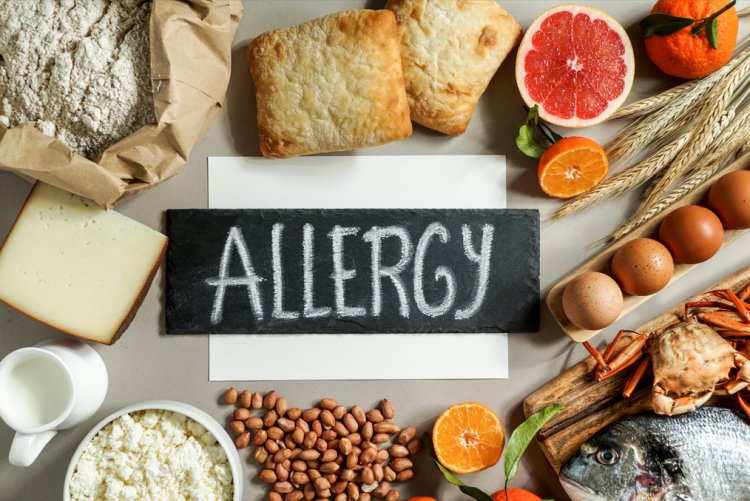Food Allergies: A Comprehensive Exploration
In recent decades, the prevalence of food allergies has surged, presenting a complex and challenging health issue globally. Food allergies, a manifestation of the body's immune system reacting adversely to specific proteins in certain foods, can range from mild discomfort to severe, life-threatening reactions. This comprehensive overview delves into the intricate facets of food allergies, encompassing their causes, symptoms, diagnosis, and management strategies.

Causes
The precise mechanisms underlying the development of food allergies remain a subject of intense research. It is widely accepted that genetic predispositions, environmental factors, and early exposure to allergenic foods contribute to their onset. Certain foods, such as peanuts, tree nuts, milk, eggs, soy, wheat, fish, and shellfish, are more commonly associated with allergic reactions due to their protein composition, though any food has the potential to trigger an allergic response in susceptible individuals.
Symptoms
Food allergy symptoms can manifest across various bodily systems and range from mild to severe. Dermatological symptoms include itching, hives, swelling, or eczema. Gastrointestinal symptoms encompass nausea, vomiting, abdominal pain, or diarrhea. Respiratory manifestations may include sneezing, coughing, wheezing, or difficulty breathing. Additionally, cardiovascular symptoms such as a rapid pulse, drop in blood pressure, or fainting can occur. In severe cases, anaphylaxis, characterized by a sudden and potentially life-threatening systemic reaction, demands immediate medical attention.
Diagnosis
Accurate diagnosis of food allergies necessitates a multifaceted approach, combining medical history assessment, physical examination, and diagnostic testing. Oral food challenges, conducted under medical supervision, remain the gold standard for confirming food allergies by observing allergic reactions upon ingestion of the suspected food. Supporting diagnostic tools include skin prick tests, which measure immediate allergic reactions, blood tests quantifying specific IgE antibodies, and elimination diets followed by food reintroduction to identify trigger foods.
Management
The cornerstone of managing food allergies revolves around strict avoidance of allergenic foods and prompt treatment of allergic reactions. Individuals diagnosed with food allergies must diligently scrutinize food labels for potential allergens, inquire about ingredients when dining out, and maintain readily accessible emergency medication, such as epinephrine auto-injectors, for rapid intervention during an allergic reaction. Comprehensive education and awareness initiatives targeting not only affected individuals but also their families, caregivers, educators, and peers are paramount in preventing accidental exposures and fostering a supportive environment.
Food allergies represent a multifaceted health challenge, impacting individuals of all ages and necessitating a comprehensive approach to understanding, diagnosis, and management. By unraveling the intricate interplay of genetic, environmental, and immunological factors, advancing diagnostic methodologies, and fostering greater public awareness, we can strive towards better outcomes and improved quality of life for individuals navigating the complexities of food allergies. Ongoing research endeavors hold promise for innovative treatments and interventions, underscoring the importance of sustained efforts in addressing this pressing public health issue.
Disclaimer:
The information provided in this article is for educational purposes only and should not be considered medical advice. If you have any health concerns or are experiencing symptoms, it is important to consult with a healthcare professional, such as a doctor or clinic, for proper diagnosis and treatment. Always seek the advice of your doctor or other qualified health provider with any questions you may have regarding a medical condition. Do not disregard professional medical advice or delay in seeking it because of something you have read in this article.
#FoodAllergiesAwareness #AllergyFreeLiving #FoodSensitivity #AnaphylaxisAlert #SafeEating #AllergyManagement #AllergyEducation #NutFreeZone #GlutenFreeLife #DairyFreeLiving #EpiPenReady #KnowYourAllergens #AllergyCommunity #FoodAllergySupport #LabelReading #SafeSnacking #AllergyFriendlyRecipes #CrossContaminationAware #AllergyAdvocate #EmpoweredByKnowledge
What's Your Reaction?





















